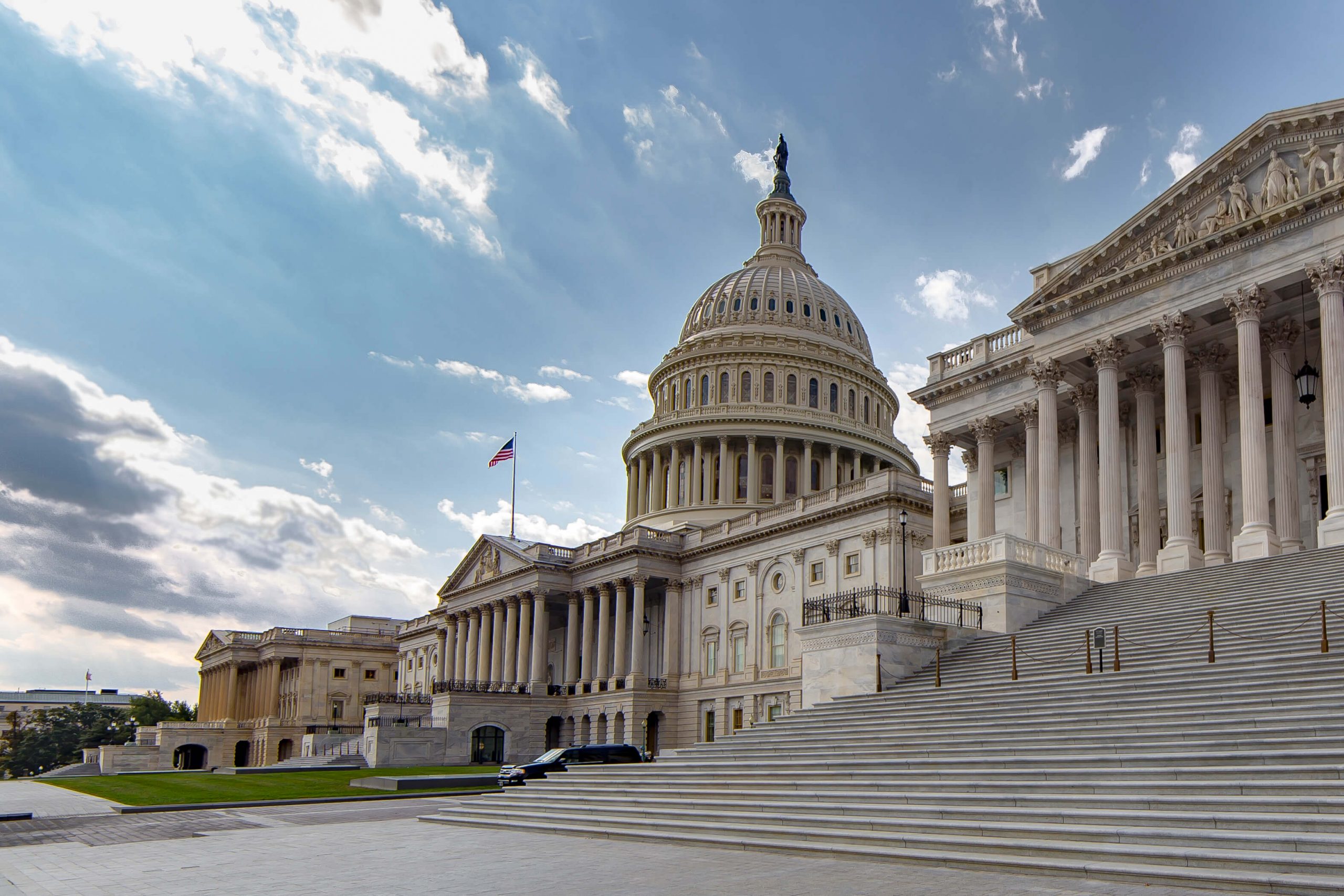Two weeks ago, I wrote a piece looking back at the top technology issues as we started the New Year, recapping what we’ve learned as a company, sharing how Microsoft is working to address these issues and offering our perspectives for the year ahead. Immigration, an issue that spans the travel ban to DACA to the green card backlog, was on my top 10 list. And like last year, 2018 has begun with daily news on immigration-related developments.
One rumored change sent a new ripple of concern through some of our own employees here at Microsoft: reports that U.S. Citizenship and Immigration Services (USCIS) was considering ending H-1B extensions after six years, an allowance that was put in place almost 18 years ago for people waiting in the lengthy green card backlog. While USCIS thankfully has since stated that these rumors are false, the news nonetheless generated a wave of uncertainty and anxiety among high-skilled workers in the U.S., particularly green card seekers who wait years for green cards because the annual limits for their birth country are out of sync with demand.
Microsoft has employees who are stuck in this backlog. They are talented professionals already certified by the U.S. Department of Labor as meriting a green card. They fear that their spouses will lose the ability to work through the cessation of H-4 authorizations. They worry that their children will turn 21 before they make it through the backlog, rendering them ineligible for green cards as dependents. These employees long ago bought houses, enrolled their children in schools and have made this country their home. But they feel that their future in the U.S. is increasingly uncertain and they are losing trust in the U.S. immigration system.
As a company, we’ve long advocated for a comprehensive national approach that combines investments in our citizens – especially new steps in education and to bring broadband to rural America – with broad, high-skilled immigration reforms to improve the system and maintain important existing programs like H-4 spousal work authorization. While there are many issues to solve, we believe the country can and should take effective steps that will accelerate much-needed changes. One such step would be implementing new fees on green cards to fund more STEM education programs for Americans – an idea we have been supporting and first proposed in 2012 with our call for A National Talent Strategy. We believe steps like this are in the nation’s interest, and we’ve engaged with the administration, leaders on Capitol Hill and regulators to share our ideas. We will continue pressing for these types of reforms and the introduction of new legislative fixes.
At Microsoft, we value every one of our employees and it pains us to know that many of our coworkers are experiencing great frustration and anxiety. Like so many others, immigration has played a vital role in our company’s success. The American tech sector achieved and has maintained its global leadership position because it can attract and retain the world’s best and brightest. That won’t continue unless Congress addresses the green card backlog. One critical step, as I wrote in October, is the elimination of discriminatory per country limits through legislation like H.R. 392, the “Fairness for High-Skilled Immigrants Act,” which we’ve supported since it was first introduced in late 2011.
The coming days will bring even more discussion about the Dreamers and the need for Congress to address DACA. We have been vocal in our support for this effort. We have 45 employees at Microsoft who are Dreamers.
But we also should not lose sight of other key immigration issues such as the green card backlog. We recognize the challenges for high skilled immigration reform are significant, but in the end, we believe reforms are critical to improving fairness in the immigration process for those who contribute so significantly to our country’s economy, and to ensuring the U.S. remains a magnet for the world’s top talent. These are key pieces to preserving and building on our nation’s strength and global competitiveness.

